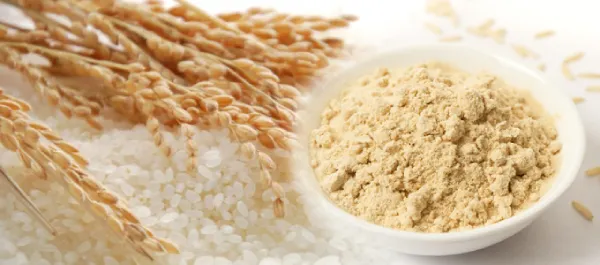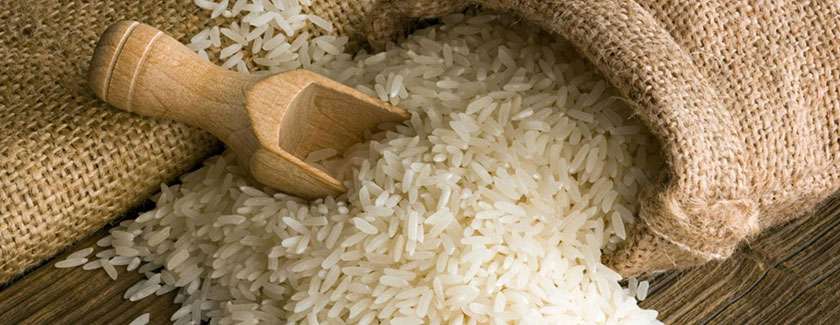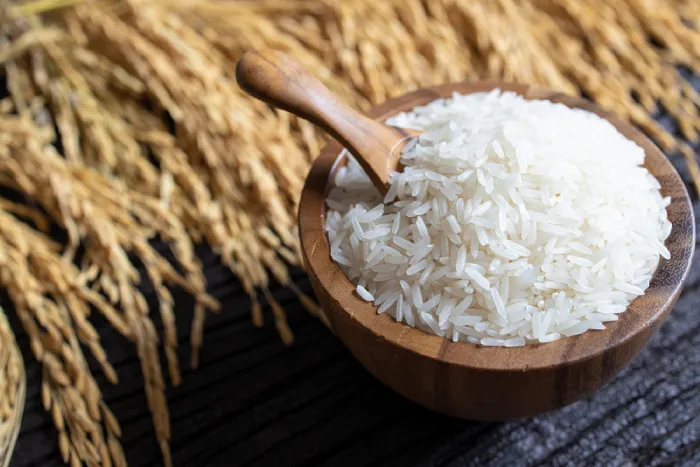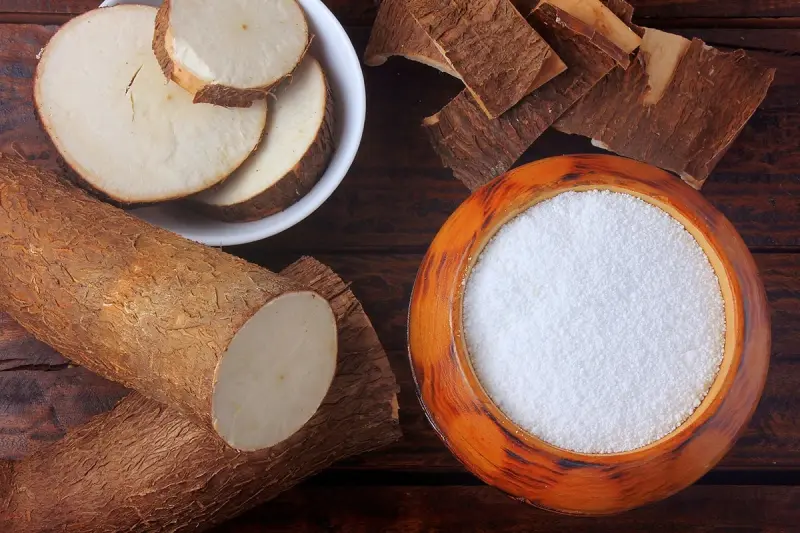Rice proteins have emerged as a significant player in the realm of fitness and health. As a plant-based protein, rice protein offers a unique combination of benefits that make it an attractive alternative to traditional animal-based proteins. In this blog, we’ll delve into the advantages of rice proteins, particularly in the context of fitness and health, and compare them to other protein sources.
What is Rice Protein?
Rice protein is derived from brown rice and is a vegan protein isolate. During its production, brown rice is treated with enzymes that cause carbohydrates to separate from proteins, resulting in a concentrated protein powder. This powder can be flavored and consumed in various ways, such as mixed with water or added to smoothies.
Benefits of Rice Protein in Fitness and Health
Hypoallergenic Nature
One of the standout features of rice protein is its hypoallergenic nature. It’s a safe option for many people with food allergies and sensitivities, being dairy-free, gluten-free, and soy-free.
Muscle Growth and Recovery
Rice protein contains a good profile of amino acids, which are the building blocks of muscle. Studies have shown that rice protein can support muscle growth and repair, making it an excellent post-workout recovery food.
Weight Management
Rice protein can aid in weight management. High-protein diets have been shown to reduce body fat and increase muscle mass when combined with exercise.
Environmental Impact
Compared to animal-based proteins, rice protein has a lower environmental impact, making it a more sustainable choice.
Lactose-Free Lifestyle with Rice Protein
For many fitness enthusiasts and health-conscious individuals, finding a protein source that complements their dietary restrictions can be a challenge. Lactose intolerance, in particular, poses a significant barrier to consuming many high-protein products, which are often derived from dairy. However, rice protein emerges as a beacon of hope, offering not only high-quality protein but also a lactose-free alternative that is gentle on the stomach and kind to the environment.
Comparison to Other Types of Proteins
Whey Protein
Whey protein is a popular animal-based protein known for its high biological value and rapid absorption. However, rice protein has been shown to offer comparable benefits in muscle building and fat loss when consumed in adequate amounts.
Soy Protein
Soy protein is another common plant-based protein. Both soy and rice proteins are low in calories and fat while being high in protein. However, rice protein tends to have higher levels of certain minerals like iron and potassium.
Pea Protein
Like rice protein, pea protein is a plant-based option that is often combined with rice protein to create a complete amino acid profile. Both are easily digestible and hypoallergenic.
Conclusion
Rice protein is a versatile and beneficial protein source that supports muscle mass, aids in recovery, and contributes to overall health and fitness. Its hypoallergenic nature makes it a suitable option for a wide range of individuals, including those with dietary restrictions.
For more information visit our page Rice Protein – Feed Grade
FAQs
What makes rice protein a good choice for athletes and fitness enthusiasts?
Rice protein is rich in essential amino acids necessary for muscle repair and growth, making it an excellent choice for athletes and those engaged in regular physical activity. Its nutrient availblity means it can quickly provide the necessary nutrients post-workout.
Can rice protein help with weight loss?
Yes, incorporating rice protein into your diet can help with weight management. Its high protein content can increase satiety, reduce appetite, and preserve lean muscle mass, all of which are beneficial for weight loss.
Is rice protein complete? Does it contain all essential amino acids?
While rice protein is high in many essential amino acids, it is typically low in lysine. However, when combined with other protein sources, such as pea protein, it can provide a complete amino acid profile.
How does the environmental impact of rice protein compare to other protein sources?
Rice protein has a significantly lower environmental footprint than animal-based proteins. It requires less water, land, and energy to produce, and it generates fewer greenhouse gases, making it a more sustainable choice.
Are there any side effects associated with consuming rice protein?
Rice protein is generally well-tolerated and hypoallergenic, making it a safe option for most people. However, as with any dietary supplement, it’s important to consume it in moderation and ensure it fits within a balanced diet.












